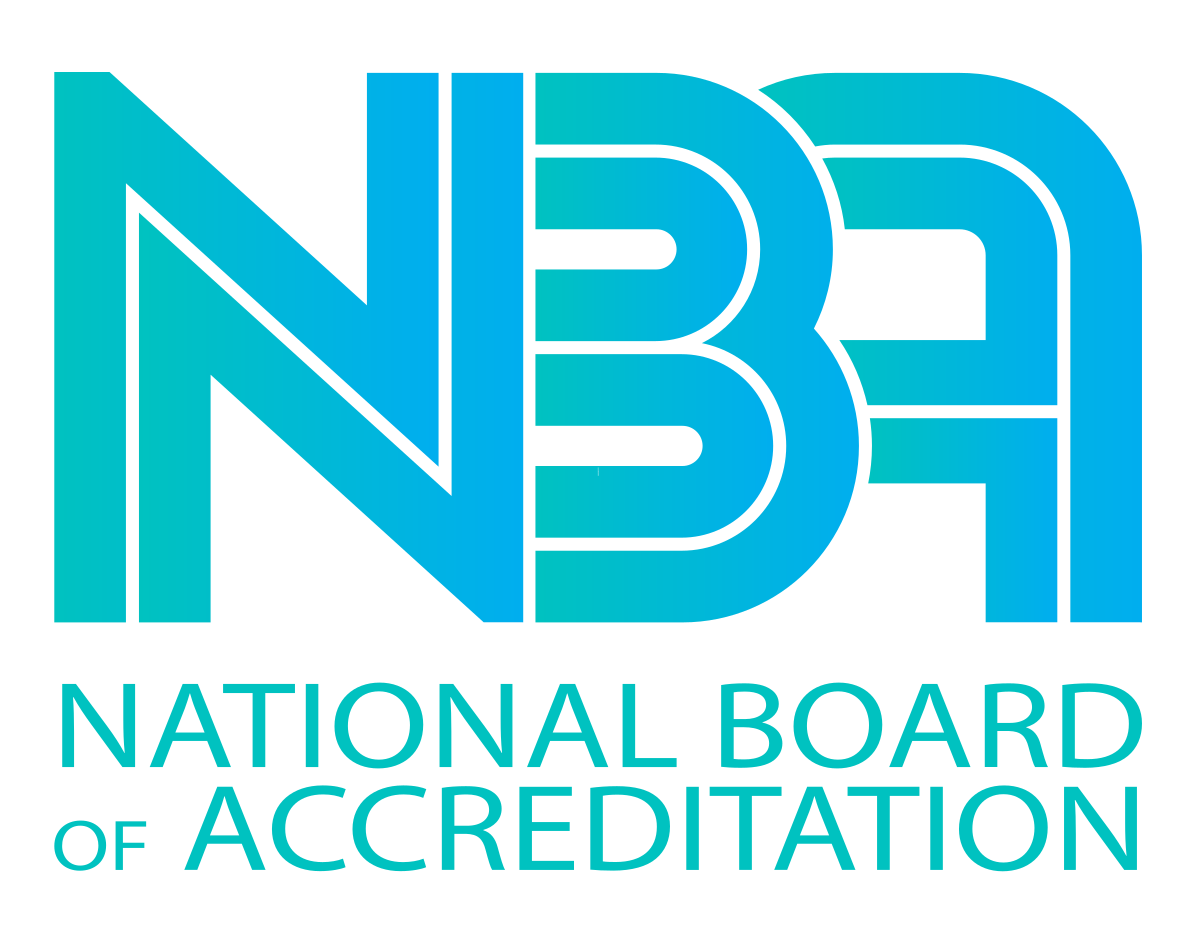
DEPARTMENT of electronics and communication engineering
PROGRAM EDUCATIONAL objectives
PROGRAM EDUCATIONAL OBJECTIVE 1
To practice in the field of Electronics and Communication Engineering in a responsible, highly commendable, and in a ethical manner in the general areas like electronics circuit design, advanced communication systems used in industrial and government organizations which is useful to the society.
PROGRAM EDUCATIONAL OBJECTIVE 2
To possess the necessary communication and leadership skills to function effectively in a professional multi-disciplinary environment, to cater the need for the industry..
PROGRAM EDUCATIONAL OBJECTIVE 3
To exhibit success in solving complex technical problems in a broad range of disciplines subject to quality engineering processes, team work activities, and professional ethics.
PROGRAM EDUCATIONAL OBJECTIVE 4
Continue to develop professionally through life-long learning, and other creative pursuits in advanced technology, which can be exposed to the global level.
OUR
PROGRAMMESPECIFICOUTCOMES
PROGRAM SPECIFIC OUTCOME 1
- The ability to comprehend the basic concepts of electronics and apply them in the day to day life to design and execute complete engineering systems.
PROGRAM SPECIFIC OUTCOME 2
- To design, verify and validate electronic functional elements for numerous applications including signal processing, communications and computer networks.
PROGRAM SPECIFIC OUTCOME 3
- An ability to communicate on an intellectual level with peer engineers and others to work together to arrive at cost-effective and appropriate solution to various problems at hand.




